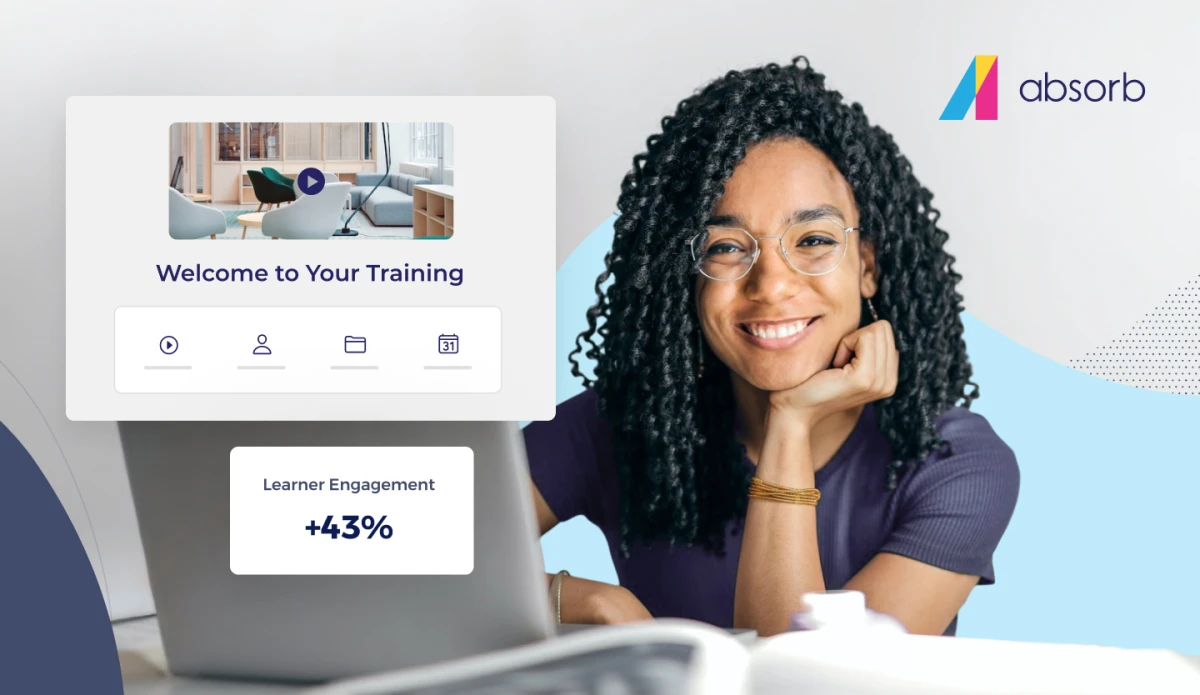Companies in today's fast-paced world must be agile enough to take advantage of growth opportunities or risk negatively impacting their bottom line. That said, product and service offerings can be duplicated by competitors. What can't be copied are the collective skills, abilities and insight ingrained within an organization's workforce. Given these points, it's important for organizations to effectively tap into what their workers bring to the business. Scaling learning in the workplace can help maximize this advantage.
Scalable learning enhances collaboration & innovation
Business growth happens when workers deepen their skill sets, and to do that, they need a learning environment that meets and adapts to their needs. It's therefore no surprise that expanding a firm's training capabilities is an increasing concern for business leaders. According to Deloitte Insights' 2017 Global Human Capital Trends report, transforming corporate learning was the second most important trend in its survey to executives, up from fifth the year before.
Driving this are a number of changes in the workplace. For example, younger workers are seeking learning opportunities to support their emerging career goals. On the other end, older workers are remaining in the workplace and need ongoing training to keep their skills current. Challenging coursework can push workers in both categories to achieve more for your company.
Scalable learning expands the potential of your workers even further by creating an environment in which they and other organizational partners—such as vendors, competitors and talent from around the world—learn faster, together. A learning management system can provide a platform where individuals across an organization work in concert to improve customer satisfaction. For example, employees at a software company can access on-demand tutorials to collectively aid the work of debugging software, thus improving the product for its clients.
Employees are efficient when learning adapts to their needs
Scaling learning in the workplace may be challenging for business leaders. For instance, the existing learning and development culture may have worked well when an organization's employee population was stable. However, in periods of rapid growth—whether through expansion or changes in the market—the L&D culture may need to change to meet new demands.
To meet these conditions, firms need to consider an LMS that scales to the needs of the business. The right one serves as a platform to deliver, receive or give systematic instruction. Other elements to consider for an LMS is that it should be user-friendly, secure and accessible from anywhere and any device. One example of a scalable LMS could be a peer-to-peer network that allows individuals to ask questions, receive answers and even create learning content themselves. A scalable LMS is key in providing the right content at the right time to support knowledge acquisition and performance improvement.
An educated workforce solves problems quickly & creatively
The goal of an educated workforce is to develop the critical thinking and creative problem-solving skills needed to address organizational demands. An LMS is a key tool to achieve this. It provides appropriate learning capabilities to engage users. For business leaders, it can automate and streamline functions, resulting in reduced costs. Rest assured that once you have a stable L&D base, your talented employees will be better able to support your organization's strategic goals.
To learn more about Absorb LMS, visit our features page or request a demo!





